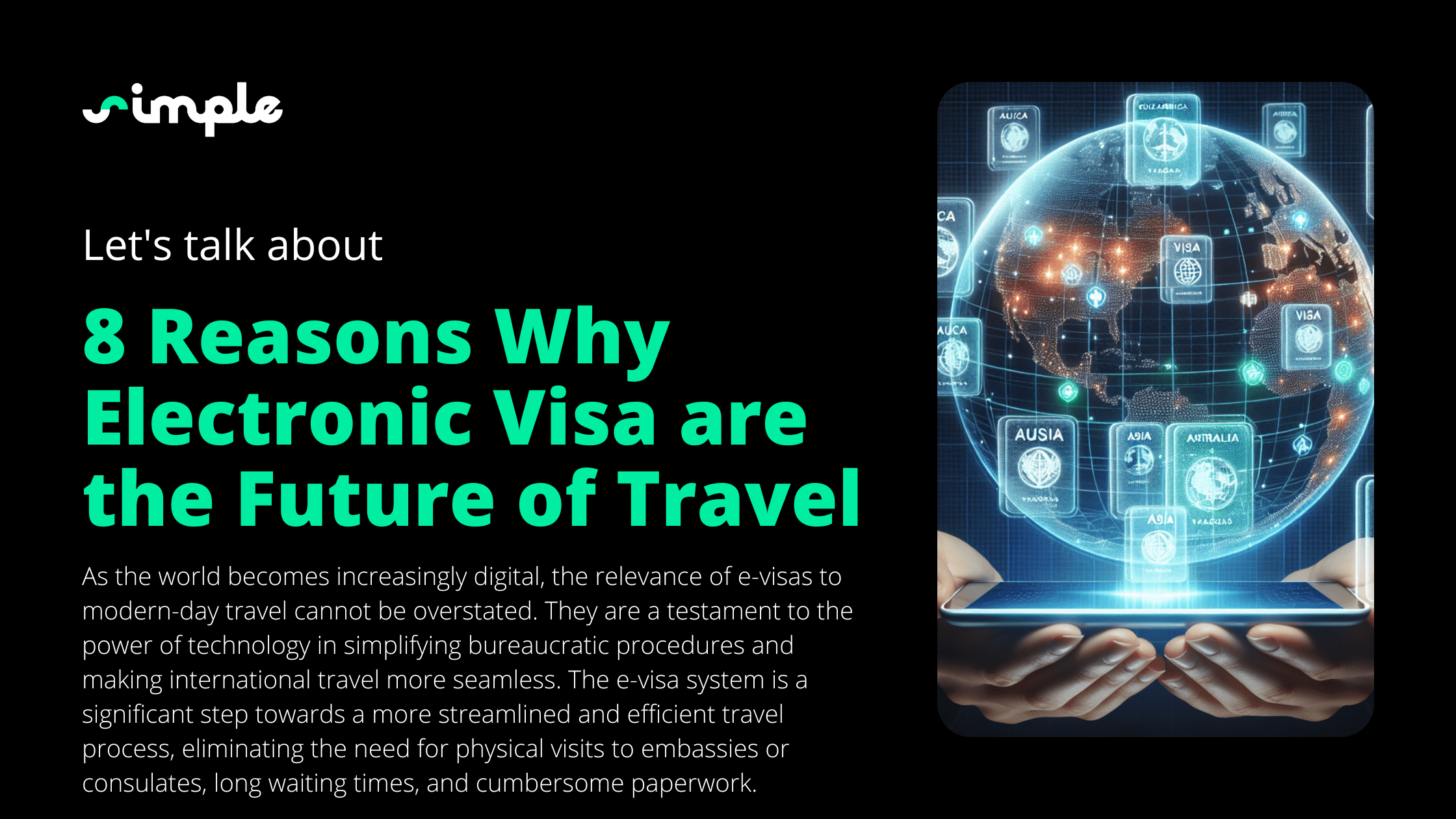In an era where globalization has connected the world like never before, the demand for efficient, hassle-free international travel processes is at an all-time high. The introduction of the electronic visa, or eVisa, is a groundbreaking development that revolutionizes the way travelers obtain permission to enter foreign countries. evisa online This digital alternative to traditional visa applications has been steadily gaining traction, providing a streamlined, user-friendly solution that benefits both travelers and immigration authorities.
What is an eVisa?
An eVisa is an official document that allows entry and travel within a country, issued electronically by the destination country’s immigration authority. Unlike traditional visas, which often require applicants to visit an embassy or consulate, the eVisa process can be completed entirely online. Applicants fill out a form on the government’s official eVisa portal, upload required documents, and pay the necessary fees, all from the comfort of their home or office.
Benefits for Travelers
One of the primary advantages of the eVisa system is convenience. The online application process eliminates the need for time-consuming visits to embassies or consulates, which can be particularly beneficial for travelers living far from these offices. This ease of access is especially important in the context of the ongoing COVID-19 pandemic, where minimizing physical interactions remains crucial.
Speed is another significant benefit. Traditional visa applications can take weeks or even months to process, whereas eVisas are often approved within a few days. Some countries even offer expedited services for an additional fee, further reducing waiting times. This swift processing allows travelers to make spontaneous travel plans, catering to the increasing demand for last-minute travel arrangements.
Additionally, eVisas contribute to a more sustainable travel process by reducing the need for paper-based applications and physical documentation. This environmentally friendly approach aligns with the growing global emphasis on sustainability and responsible tourism.
Advantages for Governments
For governments, the eVisa system enhances security and efficiency in managing entry permissions. The digital application process allows for better tracking and management of applicants, helping authorities identify potential security threats more effectively. Advanced data analytics can be used to detect patterns and anomalies, improving overall border security.
The reduction in physical paperwork also leads to significant cost savings and a lower administrative burden for immigration authorities. Automated systems can handle a large volume of applications more efficiently, freeing up human resources to focus on more complex cases and other critical tasks.
Global Adoption and Future Trends
Many countries have recognized the benefits of eVisas and have implemented their own systems. Nations like India, Australia, Turkey, and Kenya are among the pioneers, offering eVisas to tourists, business travelers, and other visitors. common mistake to avoid on vietnam evisa application The growing adoption of eVisa systems worldwide reflects a broader trend towards digitalization in public services.
Looking ahead, the future of eVisas appears promising, with continuous advancements in technology set to enhance their functionality. Biometric verification, for instance, is an emerging feature that could further streamline the application process and enhance security. Additionally, the integration of artificial intelligence and machine learning could lead to even more efficient processing and fraud detection.
Conclusion
The eVisa represents a significant step forward in the evolution of international travel. By simplifying the visa application process, it not only makes travel more accessible and convenient for millions of people but also strengthens border security and operational efficiency for governments. As technology continues to evolve, the eVisa system is likely to become even more sophisticated, cementing its role as a cornerstone of modern travel.
